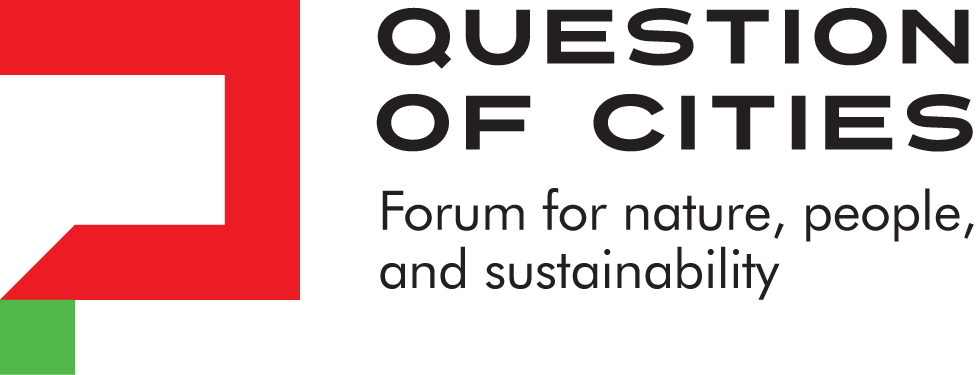Who We Are
What ails our cities? What is the strange and severed relationship between nature and economy in cities? How do we repair and rebalance it? How should the impact of climate change be addressed? Why is city life so harsh on so many? What would a just and sustainable city look like? How can city-making and planning be more democratised? What are the movements that shaped our cities? What’s to celebrate in the chaos of urban life?
These and similar questions have difficult and complex answers. The more technologically endowed and swanky our cities are turned into, answers to such fundamental questions seem elusive. The answers can be transformative.
Our journal, Question of Cities, foregrounds such questions and seeks the answers. We are situated at the intersection of urbanisation, ecology, and equity. We see cities from ecological and social perspectives which are intrinsically entwined and mutually dependent.
Our cities, or large parts of them, are neither liveable nor sustainable. And they are far from just for the large majority who live and work in them. Urbanisation has become synonymous with construction which governments and ruling classes aggressively pursue. From housing and transport to basic amenities and culture, every aspect of urban life is determined by the market and its profit-orientation. This becomes legitimate in opinions influenced by private interests, government campaigns and the mainstream media.
At the receiving end of this warped idea of development are nature and people. The indifference or tokenism of our governments and ruling classes towards natural areas and relentless attacks on natural habitats have made cities vulnerable to ecological crises including Climate Change. Multiple stresses of negotiating daily life, both in spatial and social terms, combined with stark inequalities of amenities and wealth challenge people’s right to the city. Communities are fragmented and polarised leading to cities becoming backyards of exclusion, discrimination and abuse. People’s endurance is then romanticised as the city’s spirit or resilience.
The need of the hour is to call out the failings and deficiencies, to re-imagine or re-envision cities to make them ecologically and socially sustainable. Question of Cities focuses on these – and more – themes through analysis and thought papers, reported stories from the ground, essays and conversations, research and study projects. We examine issues, we grill authorities, we interrogate assumptions and leaders, and we intervene when we can.
Join us on this journey.
PK Das, Smruti Koppikar
with Shobha Surin and Jashvitha Dhagey
Question of Cities is supported by
Question of Cities is an online journal supported by the Participatory Urban Design and Development Initiative (PUDDI) which is a trust registered under the Societies Registration Act, 1860. Based in Mumbai and chaired by PK Das, architect and activist, it initiates and supports a wide range of work on urban planning, housing in cities, open spaces and similar themes.
PUDDI runs on the goodwill and donations of people like you. To lend a hand, click here.
